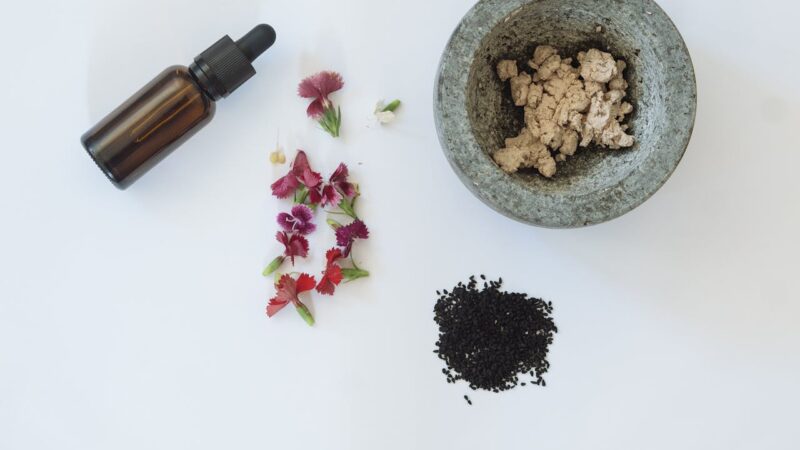Understanding Gymnema: Potential Health Benefits and Precautions

Gymnema (Gymnema sylvestre) is a plant that is native to India and Africa. It has been used in Ayurvedic medicine for centuries and often touted for its potential to help manage diabetes, obesity and other health issues. Ample scientific evidence is lacking to back up the claims despite its long history of use.
Gymnema is highly popular and basically due to its potential effects on blood sugar. It contains compounds that might reduce the absorbing of sugar in the stomach after eating. This leads to lower blood sugar levels. Some studies suggest that Gymnema might increase insulin production. Pancreas are basically responsible for making insulin. Scientific research on such effects is still limited and many of the claims have not been proven conclusively.
Many people turn to Gymnema as a natural way to support their health and especially for managing diabetes or controlling weight. It is here to understand that it has not been fully proven to work as a treatment for such conditions even though it has a long tradition of use. This makes it difficult to rely on Gymnema as a substitute for medical treatment.
Also Read: Shatavari’s Role in Balancing Doshas and Supporting Health
Gymnema is generally considered safe for short-term use and up to 20 months. There are some important warnings though to keep in mind. There is not enough reliable information to know if Gymnema is safe during pregnancy or breastfeeding. Hence, it is best to avoid it during such times.
Gymnema can also affect blood sugar levels and this can lead to an issue for those who are preparing for surgery. It might interfere with blood sugar control during and after surgery. It is therefore advised to stop using Gymnema at least two weeks before a scheduled surgery.
Also Read; Ashwagandha, Shatavari, Safed Musli, Kaunch Beej Powder Transforms Health
People interested in using Gymnema should approach it with caution and consult with a healthcare provider, especially if they are pregnant, breastfeeding, or planning to have surgery.











